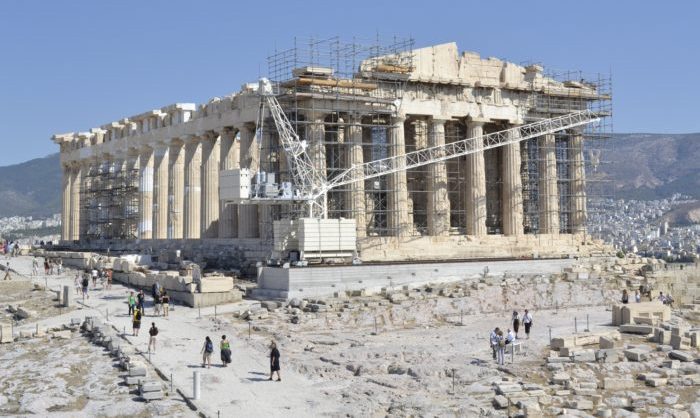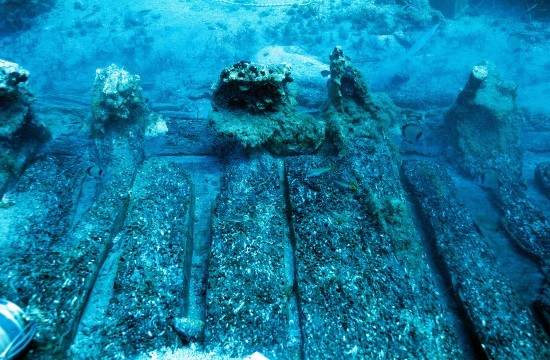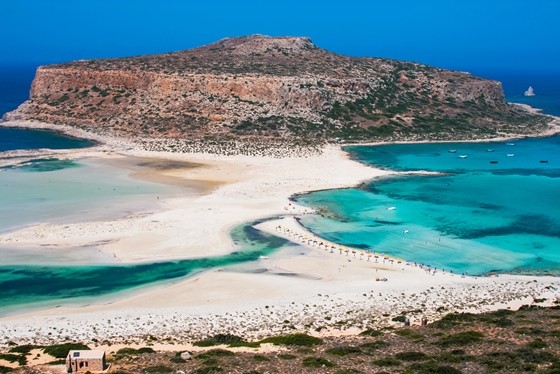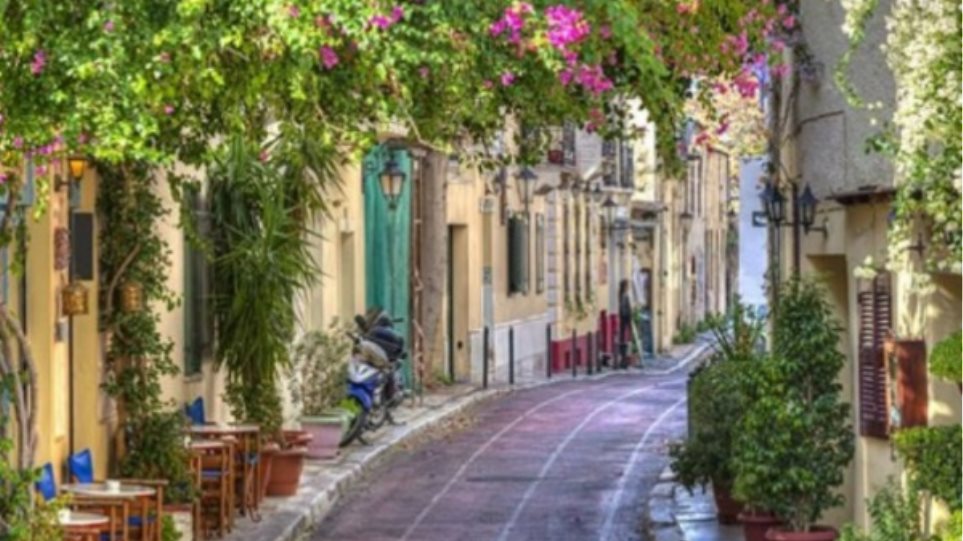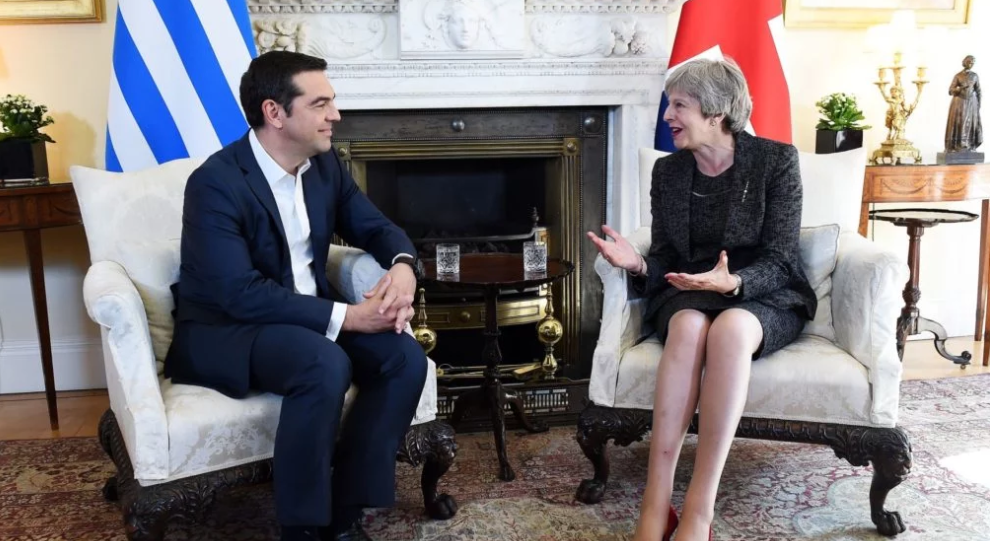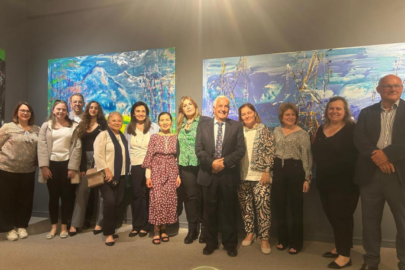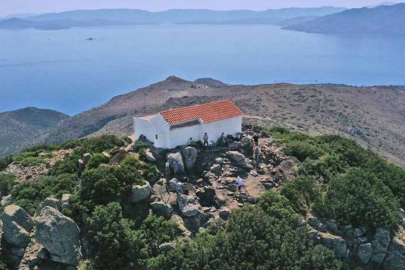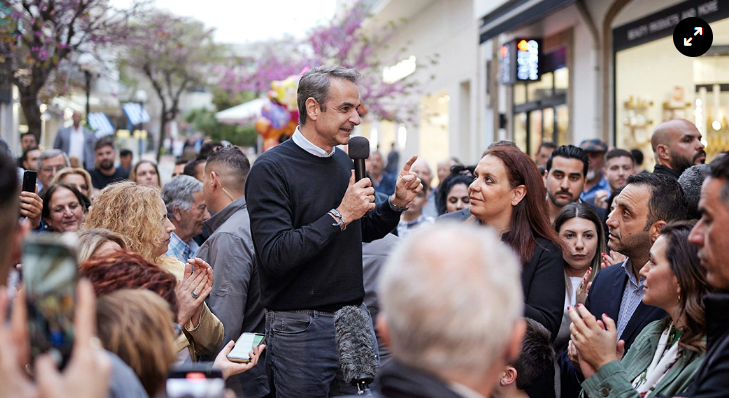The restoration of the Parthenon, the global symbol of Western Democracy and civilization as well as Greece’s most famous monument is not something new. It dates decades back, from the very beginning of the newly established Greek state in 1830.
As the Acropolis Restoration Service (YSMA) notes, ”the works of restoration, carried out since 1975 on the Acropolis monuments, follows a long tradition”.
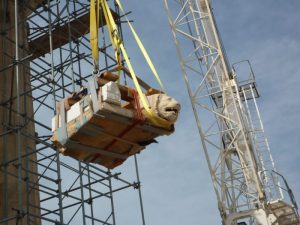
The restoration and conservation of every monument of the Athenian Acropolis is a task that started as soon as the modern Greek state was founded and it has never stopped since then.
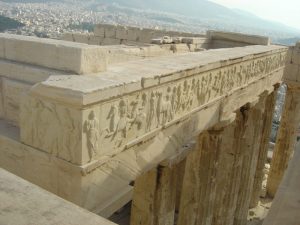
The chief characteristics are a special emphasis on the aesthetic result of the interventions, a tendency to recover the supposed classical appearance of the monuments with a greater focus on their archetypical character, YSMA explains.
From the period of the reign of King Otto in the mid-19th century and the passion for everything classical, as Greece was trying to find its roots, until today, with the most sophisticated technology and countless experts, the effort is continuous and the aim the same: The designation of the magnificence of this classical Greek monument that was always the center of the Greek soul.
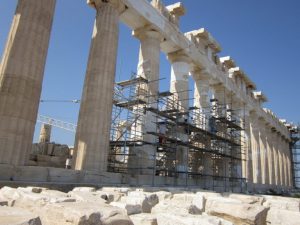
The aim of the restoration that takes place now has three pillars: The mechanical, that focuses on damages made by earthquakes, fires, explosions and bombardments; the chemical, that tries to tackle the forms of erosion suffered by the marble mainly as a result of acid rain; and the biological, that emphasizes on damages caused by molds, bird-droppings, plant roots and more.
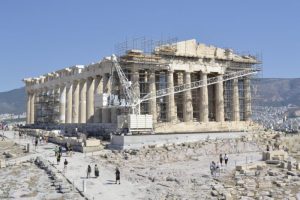
Throughout the restoration and conservation efforts, the necessary infrastructure along with the suitable equipment has been provided to those involved so that the work can be carried out in a safe and proper way.
The latest project is expected to continue until 2020 and has a budget of €5 million ($5.7 million).
Source: Nick Kampouris/greekreporter

